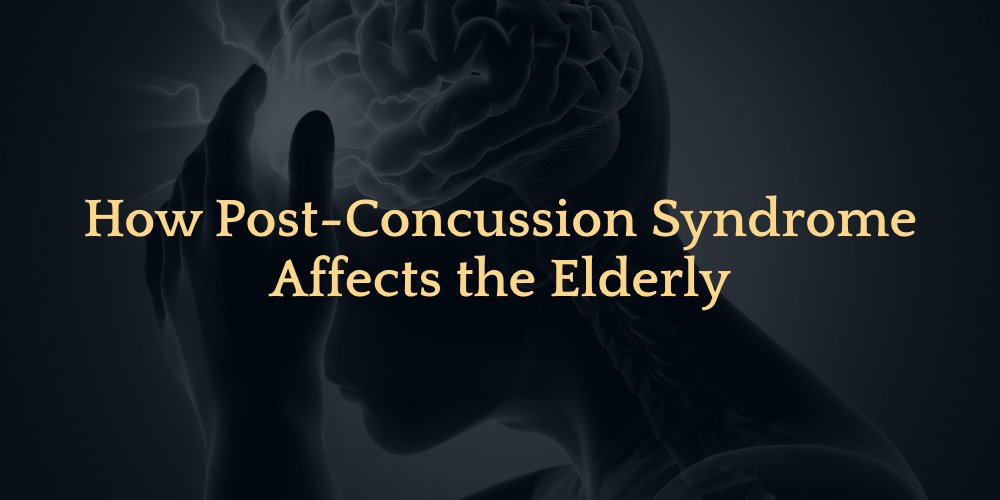When an elderly loved one must live out their remaining years with full-time care, family members seek the best nursing home facilities within their budget in the hopes that their elderly family member will live out their remaining years with the care, comfort, and dignity they deserve. Sadly, understaffing, under-trained staff, and poor supervision leave elderly nursing home residents at risk for falls. In 2020 alone, emergency rooms in the United States treated 3 million elderly fall victims.
Concussions are a common consequence of falls, especially in the elderly whose common coordination problems may leave them unable to break their fall. Though concussions are considered a relatively mild form of traumatic brain injury, any injury to the brain is serious. Most concussions are not life-threatening, even to the elderly, but it’s important to recognize when a senior citizen may be suffering from post-concussion syndrome—the after-effects of a concussion that may be ongoing for weeks after an injury.

How Do Concussions Happen in Nursing Homes?
Head injuries, including concussions, are one of the most common injuries suffered in falls. Studies show that 60% of head injuries in the elderly population occur from falls. Of those injuries, 25% occur in residents of nursing homes. Senior citizens are more susceptible to falls due to balance, gait, and vision problems related to aging. But why do falls with concussions and other injuries occur in nursing homes—facilities tasked with caring for our vulnerable elderly citizens? Some of the most common causes of falls in nursing homes include:
- Inadequate supervision
- Understaffing, which leads to single employees attempting to lift or move patients when two employees are needed
- Lack of assistive equipment like walkers, canes, handrails and grab bars
- Clutter or debris on the floor
- Inadequate lighting
- Over-medication or medication mistakes
- Under-trained staff and incorrect use of gait belts (used for transferring residents from wheelchair to bed)
Elderly individuals often lack coordination, making them more likely to sustain head injuries during a fall. Blunt-force trauma to the head during a fall can cause a concussion. Post-concussion syndrome occurs when the symptoms of a concussion last significantly longer than expected after a fall.
Recognizing the Symptoms of Post-Concussion Syndrome in Elderly Individuals
Nursing home staff sometimes miss the signs of post-concussion syndrome, which can mimic common signs of aging and dementia. Concussion symptoms that last over a month after an injury indicate post-concussion syndrome. Symptoms include the following:
- Headaches
- Dizziness
- Neck pain
- Fatigue
- Ringing in the ears (tinnitus)
- Sensitivity to light and noise
- Changes in vision
- Problems with concentration
- Memory problems
- Confusion
- Sleep disturbances
- Lack of appetite
The ongoing symptoms of post-concussion syndrome can also affect behavior and mood, sometimes causing depression or anxiety, withdrawal from usual activities, and social isolation.
Why Is It Important to Recognize Post-Concussion Syndrome in the Elderly?
The symptoms of post-concussion syndrome not only negatively impact the senior citizen’s quality of life, but symptoms such as dizziness, fatigue, confusion, and changes in vision can make them more likely to sustain a second fall and further injury. Identifying and treating post-concussion syndrome in the elderly can minimize the risk of a second injury and relieve uncomfortable symptoms. Contact a nursing home abuse attorney in Phoenix to help navigate any potential legal issue with a post-concussion syndrome case.
